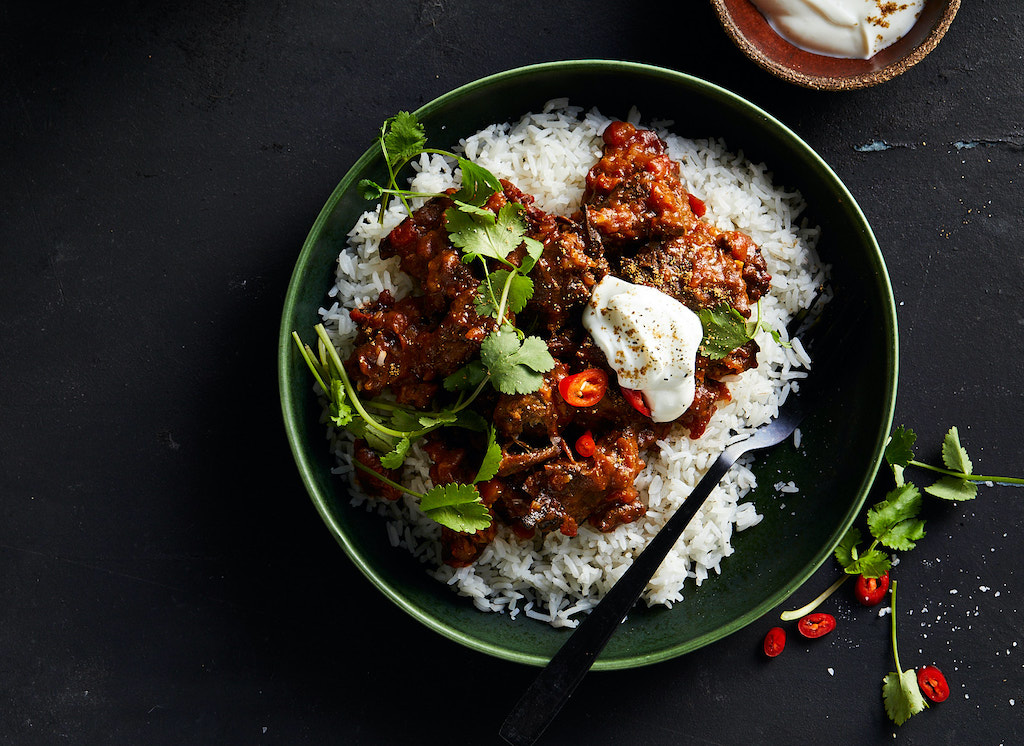New AU$378 Million Project Launches To Transform South Australia Into A Plant Protein Manufacturing Powerhouse
4 Mins Read
Australian Plant Proteins (APP) is leading a project to quadruple the animal-free protein manufacturing capability of South Australia (SA). Three new production plants will be constructed, at a cost of AU$378 million, to supply domestic and international partners. The entire project falls under an AU$1.3 billion Modern Manufacturing Initiative. The endeavour will transform SA into a global hub for plant protein production.
AU$113 million in funding has been delivered by the Morrison Government, with a further AU$65 million coming from the state government. The remaining finance will be provided by a coalition of APP, Thomas Foods International, a major red meat producer, and Australian Milling Hub.

Working together
The new joint venture is being cited as the largest to date for Australia’s burgeoning plant-based protein sector, which is anticipated to grow into one of the state’s biggest exporters. “This could rival seafood, it could rival wine out of South Australia, it is one of the fastest-growing sectors in the world at the moment and SA is getting in on the ground floor,” Prime Minister Steven Marshall said in a statement.
The three new manufacturing plants will be split across the state, with two in regional SA and another in Adelaide’s northern suburbs. Supplied by domestic farmers, who will produce all of the pulses needed, a litany of finished products are already planned. Vegan meats, plant protein powders and bars, and animal-free dairy protein drinks have all been cited.
Thomas Foods will retain red meat processing as its core interest but has acknowledged that plant-based meats are a sector to get involved with as well. “The market for plant-based products is expanding rapidly and we see great opportunity to leverage our experience and expertise into this exciting new (industry) for local farmers and consumers across the globe,” Darren Thomas, managing director for Thomas Foods told The Advertiser.
Initially marketed to a domestic consumer base, international expansion will follow soon after, to meet the growing demand for vegan protein-rich foodstuffs. The U.S, Southeast Asia and Europe are expected to be driving markets, with predictions of AU$4 billion in exports being slated as coming to fruition by 2032.

An economic boost
The project is predicted to create more than 8,500 full-time permanent jobs, once all three plants are operational and the wider domestic supply chain is established. The deadline for completion has been set for 2034, though economic contribution is expected to start much sooner. Marshall has predicted that more than AU$500 million will be added to the state’s economy, every year, as a result of the project. “Today’s announcement is all about creating more jobs, opening the door for more South Australian exports and making sure we create a stronger future for our kids and grandkids,” he said in a press statement.
Australia’s plant-based players
Australia has a host of successful plant-based companies. The new production facilities will offer emerging and existing operations alike increased capacity, should they want it. In 2020, a 46 percent rise in plant-based sales was revealed, within Australia, making it an emerging market that more want to be a part of.
Plant-based food tech v2food announced a successful AU$72 million Series B funding round in August last year. The raise was launched to support international expansion, particularly into the mainland Chinese market. The company has continued to expand, both in terms of distribution and product portfolio, since its inception in 2019.
Fënn Foods recently scooped US$3 million in a private funding round for company-wide expansion and process refinement. Owner of the vEEF brand, it has seen a demand for products increase, making larger production capacity a necessity.
Fable Food Co specialises in mushroom-based vegan meats, with a presence in Asia already. Backed by Michelin-starred chef Heston Blumenthal, the startup has been GMO and gluten-free from day one. Most recently, it has become a portfolio company for new venture capital firm Better Bite Ventures, which seeks to back promising alt-protein companies in eth APAC region.
Eighth Day Foods works with unusual ingredients, prioritising lupin as its protein source. The company recently closed a seed funding round, securing US$1 million in just two days for its ‘lupreme’ protein development.
Lead photo by Fable Food Co.




